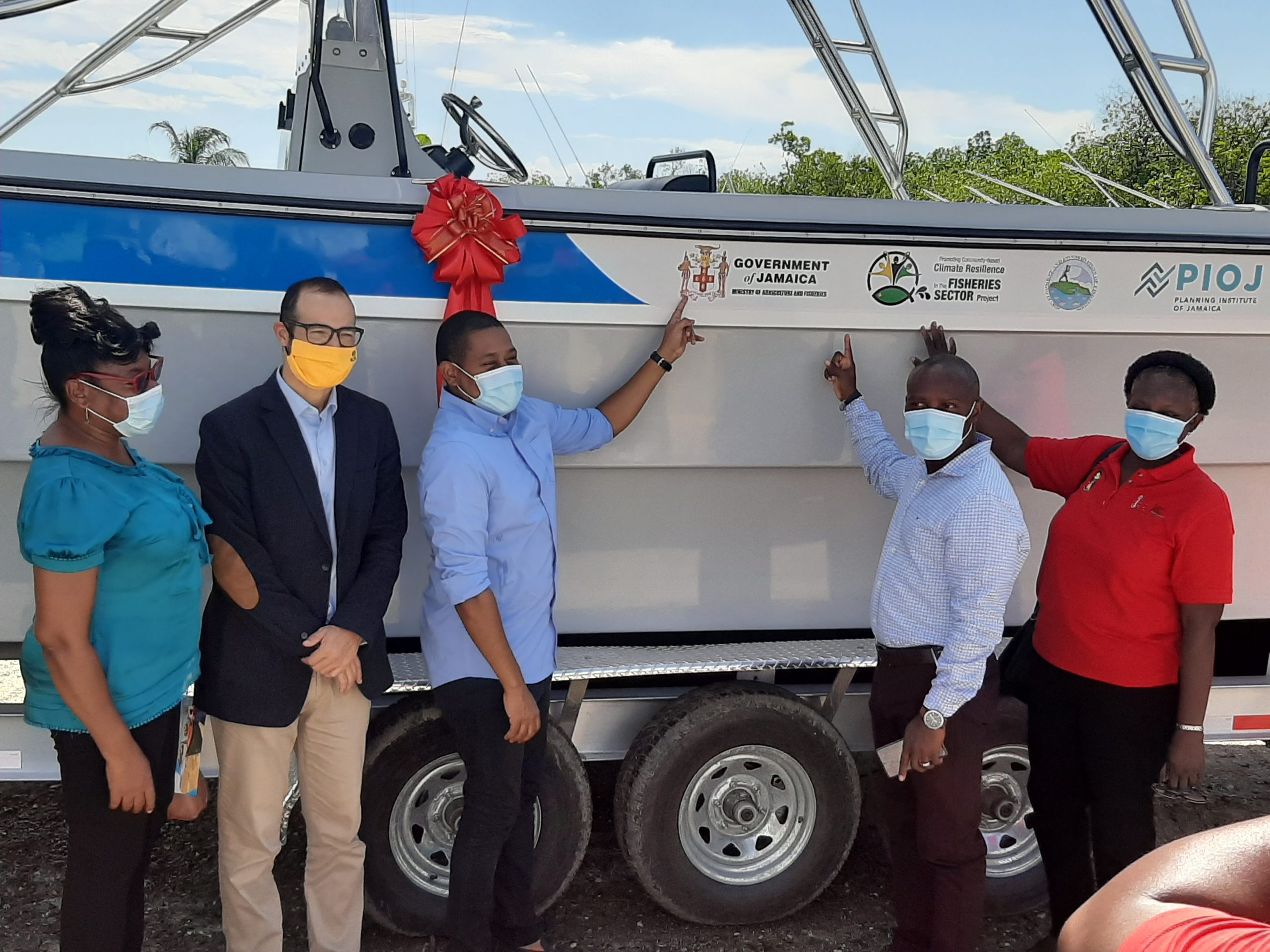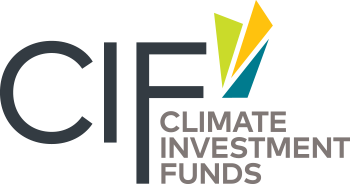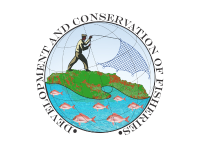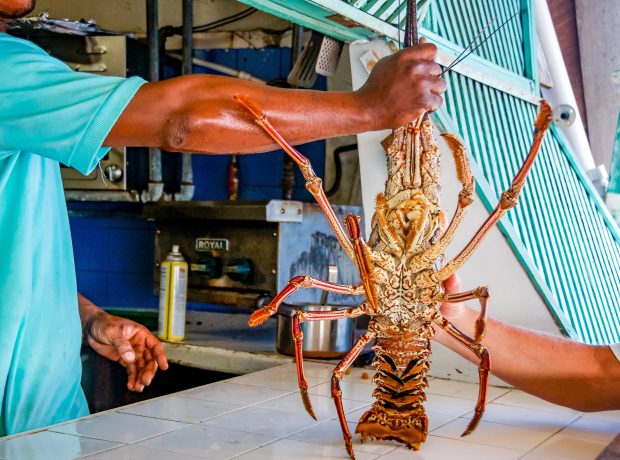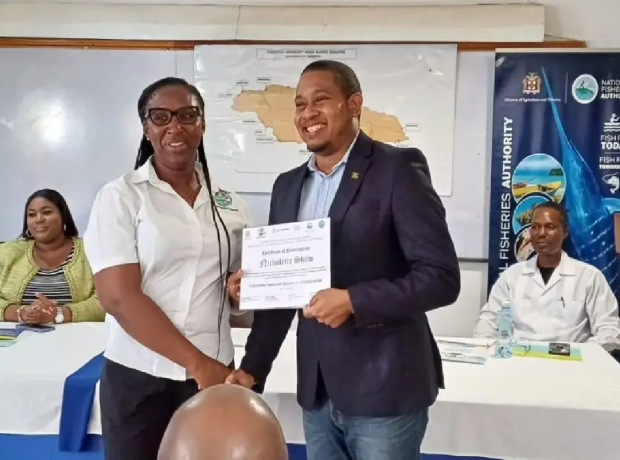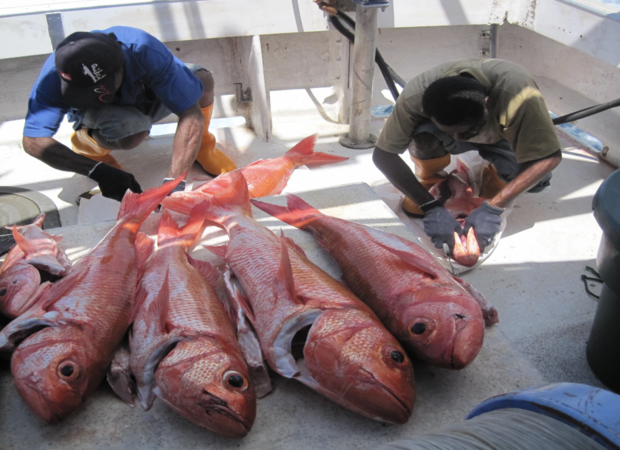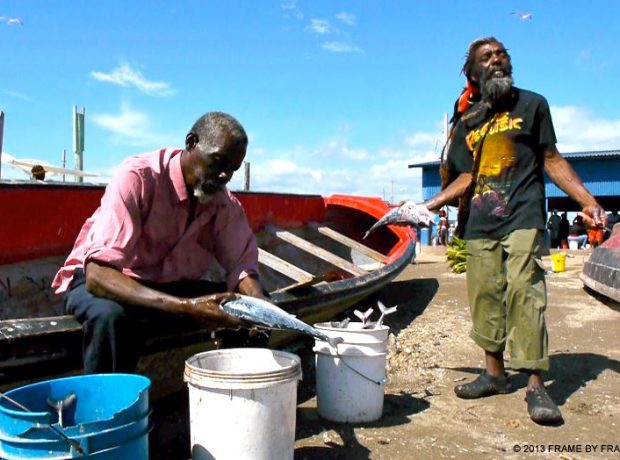Mrs. Selena Ledgister-Kellier is an Independent Project Consultant with over twenty (20) years of experience specializing in Agriculture and Fisheries Project Management, Quality Assurance and Production Management.
She has successfully led and implemented local and overseas projects, navigating company and governmental hierarchy, building rapport with local and international markets, negotiating, and implementing policy, while utilizing skills in project writing, budgeting, monitoring, and evaluating. She has worked extensively with some of the region’s leading agricultural companies notably with the largest non-profit organization in the Caribbean, to successfully implement programs in Agriculture, Greenhouse, Deep Sea Fishing and Animal Husbandry across the island and the Caribbean region. Her technical consultations with both governmental and private entities have led to the successful development of practical approaches to sustainable land management.
She is a dynamic and results-oriented professional who is well knowledgeable in Key Performance Indicators (KPI’s), executive decision-making and policy implementation, which have all been forged within the context of highly respected, local, and international firms. Her passion for global climate change issues in preparing communities of its impact and having worked with both local and international markets has provided the kinds of perspectives critical for this position.
Selena Ledgister-Kellier (MSc, BSc, ASc)
Consultant Agriculture and Fishing Project Manager
